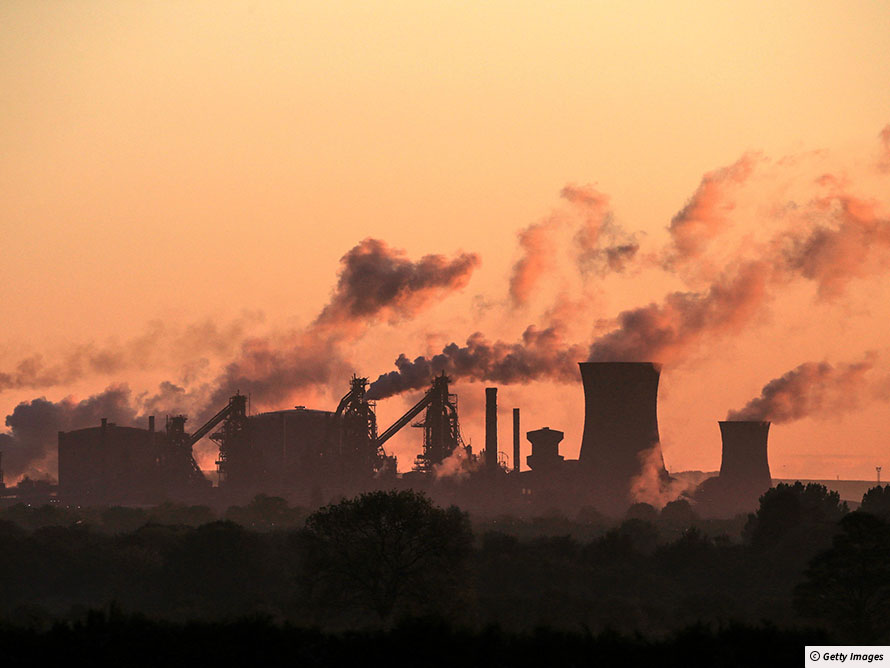Is Chinese money a threat? One of Britain’s last steelworks is teetering on the brink after its Chinese owners let it fail. Some think there are lessons here for all of Europe.
UK steel crisis spurs security debate
 Going east: While the UK takes over a steel plant (above), European ambitions for growth envisage a wave of new wind farms, more nuclear power and a tilt toward tech and AI. On all these fronts, China seems inescapable.
Going east: While the UK takes over a steel plant (above), European ambitions for growth envisage a wave of new wind farms, more nuclear power and a tilt toward tech and AI. On all these fronts, China seems inescapable. Glossary
Industrial Revolution - A period of sudden, rapid industrialisation that transforms a country from an agricultural to an industrial economy.
Tungsten - A hard metal often used in making light bulbs.
Jingye Group - A Chinese conglomerate (a very large company made up of lots of other smaller companies) with businesses in steel, chemicals, international trade, tourism and hotels.
British Steel - A steel business founded in 2016 with assets acquired from other businesses.
Scunthorpe - An industrial town in Lincolnshire, England, with a population of 81,000.
Silk Road - A network of Eurasian trade routes linking China to the West, running from the second century BC to the 15th Century AD.
David Cameron - The UK's Conservative Party prime minister from 2010 to 2016.
Rishi Sunak - A British politician who was the Prime Minister of the United Kingdom from 2022 to 2024.
Huawei - A Chinese multinational and technology company.
Autocratic - Relating to a ruler with total power.
Illiberal - Lacking tolerance, bigoted.
Telecommunications - The transmission of information over large distances using electronic means.
